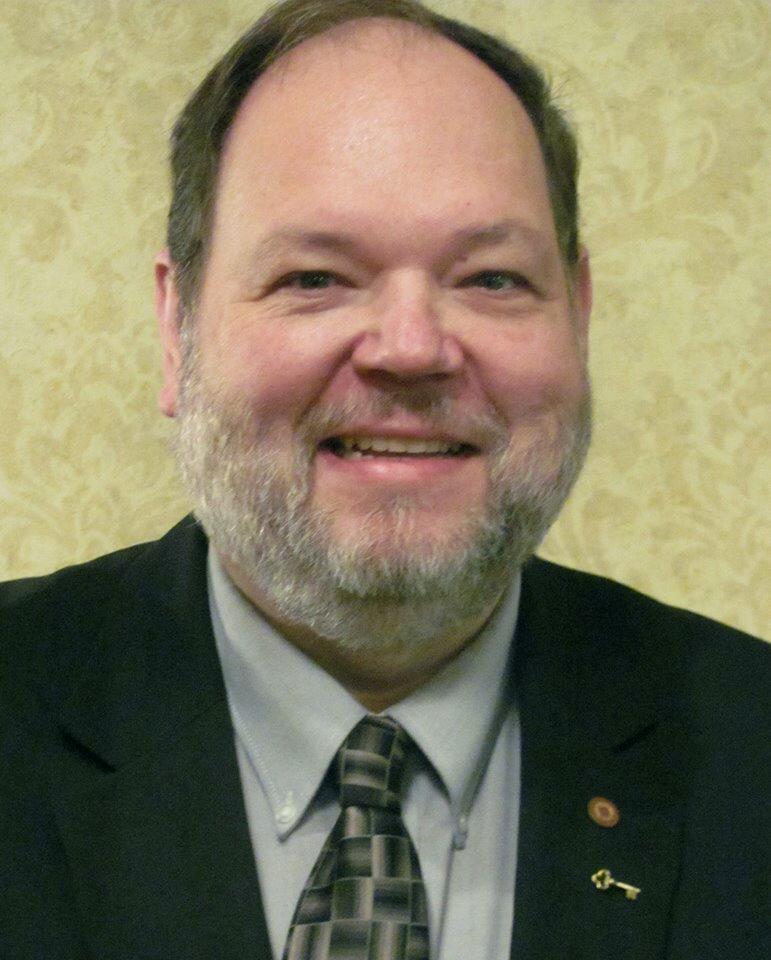“Preparing the Field: Understanding the Agricultural Records of our Ancestors”
J. Mark Lowe, CG, FUGA
24 January–31 January 2015
Standard $69.99
Plus $99.99
Click here to register for this course.
Most researchers have at least one ancestor who practiced the ancient science of Agriculture (i.e. Farmers), or provided related services. The records created about these ancestors can help us paint a clearer picture of the Agricultural efforts of this ancestor, his neighbors, and the larger community. This course will outline the records that exist, provide hands-on activity using these records, and provide the steps to build a profile of the researched individual.
Farming is more than tilling the soil or raising cattle. While using available resources, students will learn how to collect and develop a profile for a farm family. We will learn what tasks or procedures were required to raise crops or livestock to market.
Assignments will help students see how the resources fit together, and be able to discuss a complete farm profile. Students will be given a reading assignment for preparation and several hands-on activities to reinforce their understanding.
J. Mark Lowe, CG, FUGA, is a full-time professional genealogist, author, and teacher who researches primarily in original records and manuscripts throughout the South. Mark has published in APGQ, NGSQ, North Carolina Genealogical Society Quarterly, SPEAK!, The Longhunter, and other society publications.
Lowe also serves as the Course Coordinator for “Research in the South” at IGHR (Samford University), teaches for the Salt Lake Institute of Genealogy (SLIG) and the Regional In-depth Genealogical Studies Alliance (RIGS Alliance). He has worked on several genealogical television series including African American Lives, Who Do You Think You Are? and UnXplained Events.
Course Schedule (all times U. S. Eastern)
24 January 2015
- 11:00am “Finding the Farm”: Compare and collect the resources that confirm our Ancestor’s presence. Add Tax Records and Non-Population Schedules to our list.
- 1:00pm “Learning to Compare”: Using the resources we have collected we will begin to make comparisons to the neighborhood and community, while building a profile of our Farm Family.
31 January 2015
- 11:00am “Understanding the Farm Market”: Understanding how the crops and livestock were raised for market. Determining where the market was located, and how to understand potential revenues for our Farm Family.
- 1:00pm “Understanding Land Use and Profiles”: With the accumulated collections of resources and data about our Farm Family, we will begin to understand why they farmed a particular way, and begin to predict origins and migrations.


